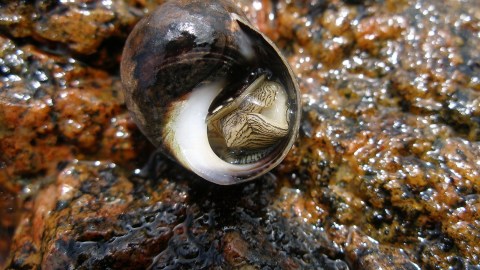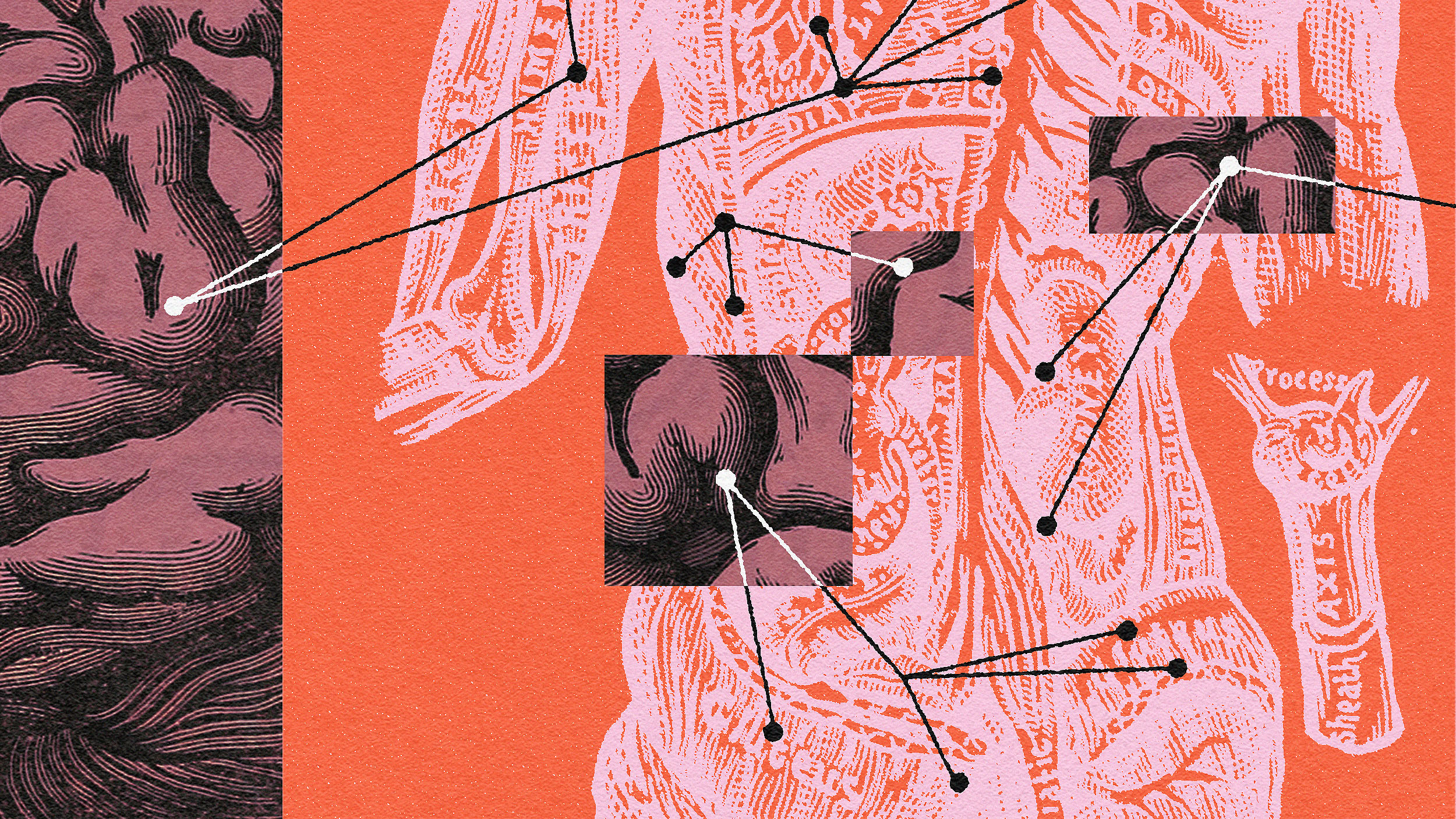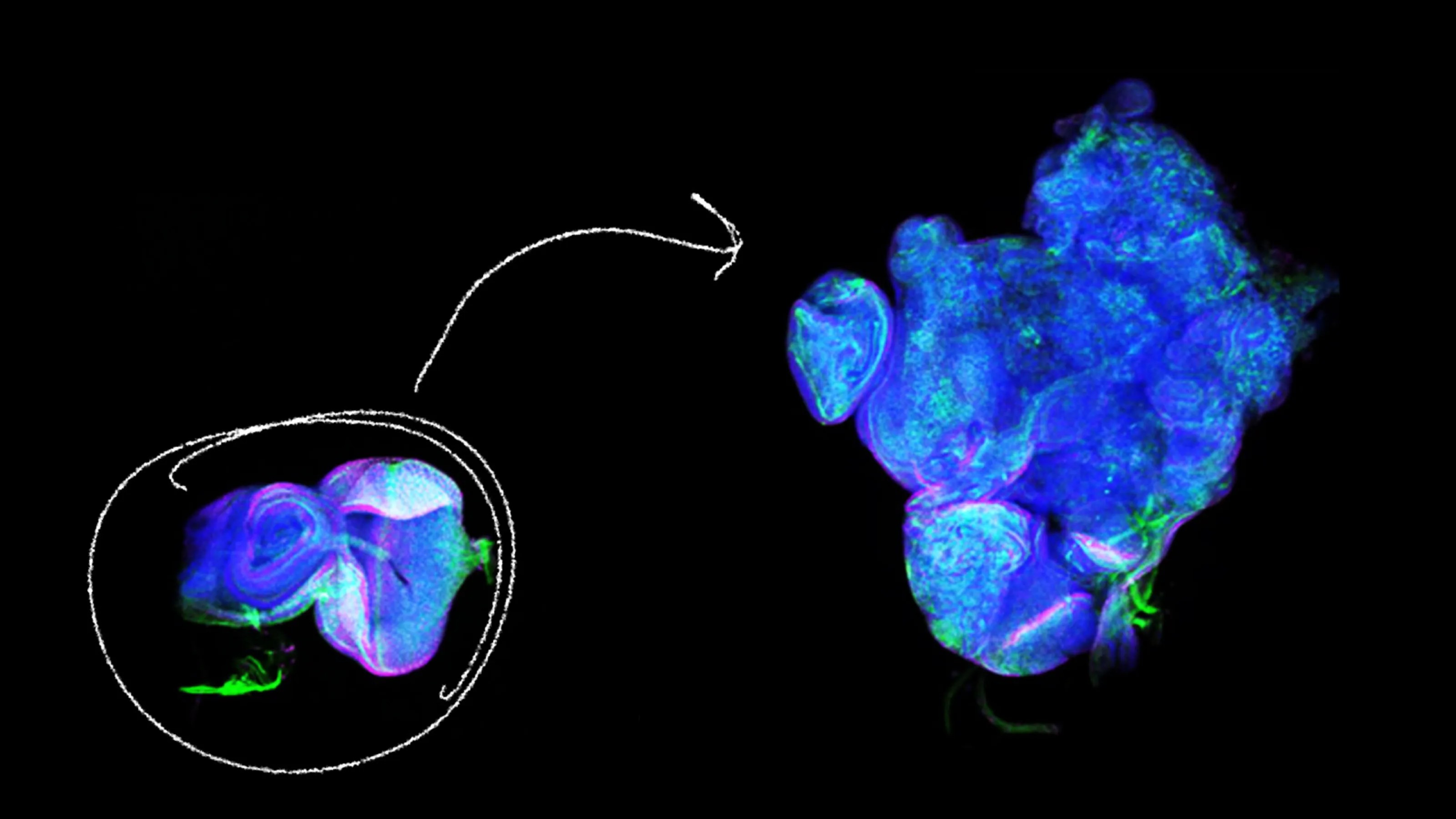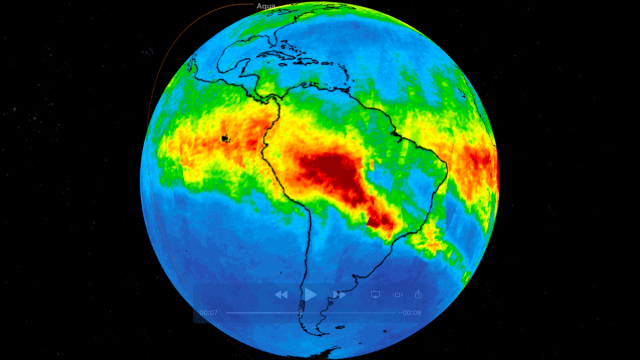Sea snail goo could help prevent colon cancer, study shows

- The Australian sea snail secretes a purple goo that protects its eggs from the bacteria-rich marine environment.
- This goo contains a compound that appears to be remarkably effective at preventing colon cancer in mice.
- The ocean is a vast resource for potential cancer treatments, though it remains mostly untapped.
A purple goo that the Australian sea snail produces to protect its eggs contains a compound that might someday prevent colon cancer in humans, say researchers at Australia’s Flinders University, Southern Cross University and Monash University.
In a study published in Nature Scientific Reports, researchers describe how Muricidae molluscs possess a gland that secretes a compound belonging to a class called indoles – organic compounds found in plant medicines and pharmaceutical drugs. Although this compound is known to have anti-bacterial and anti-inflammatory properties, scientists weren’t sure it could be an effective treatment for cancer.
To find out, the team exposed extracts of the compound to human cancer cell lines, finding that it killed the cancer cells. Then, they conducted another set of experiments in which mice were given the extract and also carcinogens to cause cancer. Using mass spectrometry, the team tracked the extract as it moved through the mice, and eventually to the colon, where it prevented tumors from forming.
“We were able to use the fact that snail compounds contains bromine like a unique fingerprint to trace how these types of compounds are metabolised inside the body and identify some potentially toxic metabolites from the crude extracts that were not found with the pure snail compound,” Southern Cross University marine scientist Professor Kirsten Benkendorff told Flinders University News. “This research is very important for understanding the safety of these types of natural compounds for human medicine.”
For years, scientists have known that sea snails produce a compound that’s unusually effective at killing both normal and drug-resistant cancer cells. But the new study is unique for showing that it can actually prevent tumors.
“We were able to go into a long-term colorectal cancer model,” Catherine Abbott, professor of molecular biology at Flinders University and study author, told New Atlas. “This meant we were able to show that one of the compounds in the extract, 6-Br, was able to reduce tumors. Before this we had only looked at their effects, six hours after DNA damage had been caused to a colon cell.”
The team hopes their findings will someday improve treatments for colorectal cancer, which killed 862,000 people in 2018 and is the second leading cause of cancer deaths, according to the World Health Organization. Although it’ll take years before the compound might become part of a widespread treatment, the findings highlight how cancer researchers have only just begun to explore a vast resource of potential treatments: the oceans.
“Over 50 percent of drugs used for the treatment of cancer and more than 75 percent of the drugs used for treating infectious diseases are derived from natural products,” Kara Perrow, a lecturer and cancer researcher at the University of Wollongong, told ResearchGate. “The marine environment is virtually an untapped resource and holds great promise for us to discover novel molecules with anti-cancer activities.”





